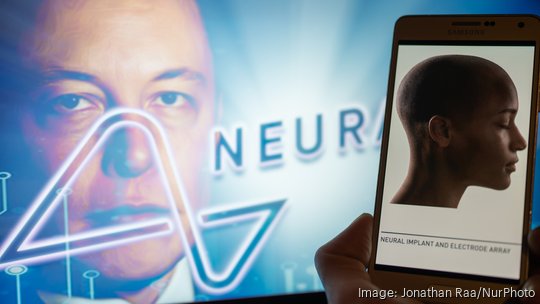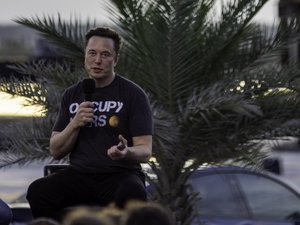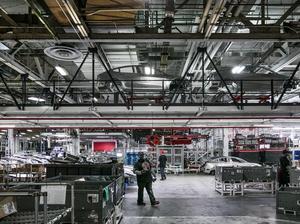
Elon Musk‘s Neuralink Corp. has opened up the recruitment process for people interested in being the test subjects for its first ever human trials.
The startup, which is developing a brain-computer interface, announced Sept. 19 it received approval to begin recruiting patients for its first ever human trial, called the PRIME study for "precise robotically implanted brain-computer interface."
"The PRIME Study is being conducted under the investigational device exemption (IDE) awarded by the FDA in May 2023 and represents an important step in our mission to create a generalized brain interface to restore autonomy to those with unmet medical needs," a post on the company's blog read.
The study, which is expected to take six years, is looking for people with quadriplegia due to vertical spinal cord injury or people living with amyotrophic lateral sclerosis, otherwise known as Lou Gehrig’s disease, who are over the age of 22. Test subjects must also "have a consistent and reliable caregiver."
Potential participants have already expressed interest. In a recent interview in Rolling Stone magazine, Adam Woodworth, a security manager from Indianapolis suffering from short-term memory loss because of a military injury, said he would gladly sign up.
"Someone has to be willing to step up and take that risk," Woodworth said. "I am willing to be one of those people if Elon and the Neuralink team allow me to participate."
Neuralink is based in Fremont, California, and has a growing presence in Austin. For years, it's been hiring in the area and may be building a facility in Travis County. The startup had more than a dozen Austin-based jobs posted on its website Sept. 21, including software engineer, construction superintendent and surgery operations engineer.
According to the company's recruitment brochure, "this is a first-in-human study with the purpose of evaluating the safety and initial effectiveness of the N1 Implant (a Brain Computer Interface (BCI) implant), the R1 Robot (a surgical robot), and N1 User App (BCI software) in enabling individuals with paralysis to control external devices."
Those who can't participate in the study include people who already have implanted devices such as pacemakers or deep brain stimulators. DPS devices send electrical signals to areas of the brain that control body movement and are used to treat such conditions as Parkinson's disease, epilepsy and multiple sclerosis.
The study will include "regular follow-ups" to track progress and "ensure the Neuralink BCI continues to work as intended," according to the brochure.
Neuralink was initially denied permission to begin human trials by the U.S. Food and Drug Administration but in May the agency granted approval for an investigational device exemption, allowing the company's devices to be used for clinical studies.
The U.S. Department of Agriculture’s inspector general is investigating complaints by Neuralink staff that the company rushed testing, causing the needless suffering and deaths of 1,500 laboratory animals — among them 280 monkeys, pigs, and sheep.
Neuralink has established a patient registry for those interested in participating in the study. Registration is open to U.S. citizens 18 and older who has "quadriplegia, paraplegia, vision loss, hearing loss, the inability to speak, and/or major limb amputation (affecting above or below the elbow and/or above or below the knee)."







